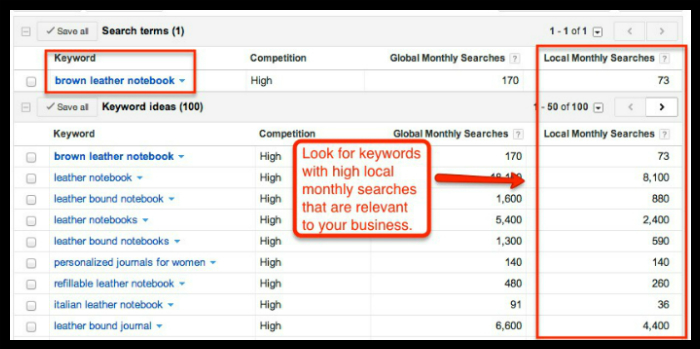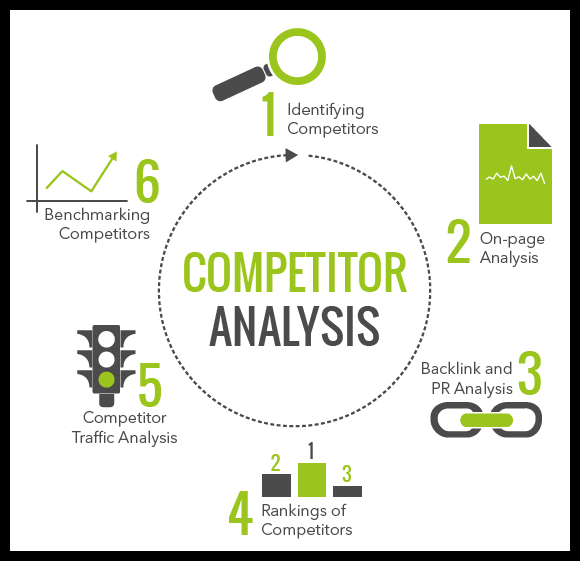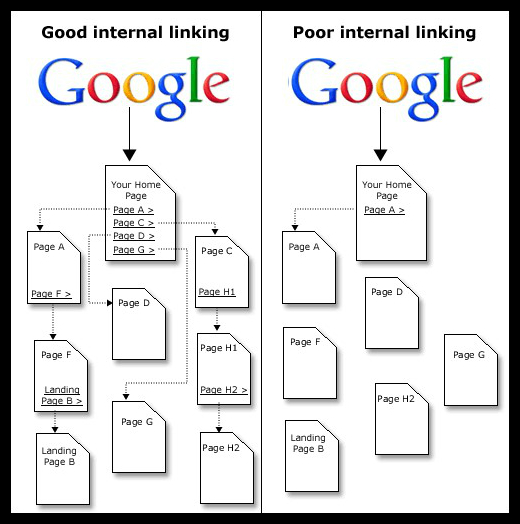How to Optimize e-Commerce Store
A research study by Opify found that search engine results positioned in the first page received 36.4% higher click through rates than those placed in the subsequent pages. In fact, the click through rates depletes substantially in the following pages.
Being on the top search engine results is a do or die situation for eCommerce stores. With competition tightening on a rapid pace, maybe the top position is just not enough. You need to be #1!
So how does one optimize their eCommerce store for the Numero Uno search result position?
We tell you the secrets that most marketers won’t tell you. Secrets that will catapult your online store to #1 position of search engine results.
Secrets that will catapult your online store to #1 position of search engine results.Click To Tweet
KEYWORD RESEARCH
The first step to any SEO related activity is research.
Why?
Research will shed light on the prime keywords and phrases that you must target to optimize your campaigns. Accurate and high-worth keywords can help increase traffic and conversion rates organically. You won’t have to spend sums of money on paid campaigning, since the Internet will do that job for you.
Google itself provides a free AdWords Keyword tool with which you can find keywords with high search volume and competition for your campaigning.
Source: https://blog.kissmetrics.com/wp-content/uploads/2013/08/1-search-terms.png
Recommended Resource:
COMPETITOR RESEARCH
Sometimes, there is a probability that your competitors have a better understanding about your company than you do.
So it pays to research what they are up to for keyword planning, research and campaigning. Research and find out the common keywords and phrases that your competitors target. If your competition has higher Page Authorities or Domain Authorities, it implies that following their keyword planning is worthy.
Focus on finding out their on-page search query components, traffic volume, backlinks generated, page ranking, benchmarks, etc.
Source: https://www.seoclerk.com/pics/296648-2WLlgR1416766185.jpg
Learn to Spy on Your Competition!Click To Tweet
However, do not follow anyone blindly. What might work for a major brand may not work for you if you are just starting up and have limited web pages.
Recommended Resource:
OPTIMIZE PAGE LOADING SPEED
Do you know? A slow loading website can affect your page ranking negatively?
Source: https://www.truconversion.com/blog/wp-content/uploads/139.png
A fast loading website not only provides users with a pleasant UX but also helps boost page ranking. According to John Mueller of Google, page loading speed is also one of the several ranking factors.
How fast should your website be?
Although there is no hard and fast rule laid by Google or any other search engine, a website that loads quicker than 3 seconds has all probabilities of higher search engine ranking.
Recommended Resource:
ON-PAGE OPTIMIZATION
On-page optimization is a huge function on its own. It is also the activity that will bait in a large majority of your organic traffic. The chief tasks in on-page optimization will include:
- Setting up permalink structure
- Keyword optimization
- Prepping website usability
- Internal linking
- Setting up rich snippets like user reviews, price, stock availability, etc.
- Mobile website
- Social media integration
Each task in on-page optimization bears its own importance. You cannot miss out any of these to make your eCommerce store rank higher in 2017.
INTERNAL LINKING
You link pages within your website with other pages. We do it a lot for blogs where cross-references are made for other published articles with related information. The underlying purpose of underlying principle of internal linking is to tell Google that there is related information and keywords that need to be crawled. Missing out on setting internal links to relevant pages puts it outside the radar of Google’s bot.
Source: https://www.hermish.com/wp-content/uploads/2016/10/good-vs-bad-internal_linking_schematic.gif
Make sure you do not over-do the internal linking since it will make Google penalize your site negatively.
Some best practices for internal linking include:
- Use plenty of original and genuine content
- Use anchor text at relevant places
- Set links that are human-readable
- Set follow links
- Keep link length shorter
RAMP UP SECURITY
Google has included website security as a ranking signal. A website configured with SSL certificate and the subsequent HTTPs encryption will land in the higher search ranks. Those websites which are flagged off as not secure will step down in page ranking.
In other words, ramp up your security with an SSL certificate. It is a simple way to amplify your search engine ranking, be it an eCommerce store or any other website. For the annual cost of the certificate, you will enjoy the dual benefits of security as well as improved search engine ranking. Above all, when people see a website that they can trust, they are more likely to do business with it.
Recommended Resource:
ENHANCE HEADERS AND META DESCRIPTIONS
When Google crawls through your text, it attaches more weightage to headings and subheadings that carry keywords. Additionally, it also crawls meta descriptions containing the keywords for evaluating page ranking.
Hence, it is necessary to create headers, subheaders and meta descriptions containing adequate keyword density. Take care, not to stuff keywords artificially. Insert them casually so that they blend in with the content naturally.
Remember, over-inclusion of keywords can also pull your page ranking down as Google will flag it as spam.
Source: http://seopressor.com/wp-content/uploads/2015/09/Google-Keyword-Stuffing-Example.jpg
Optimize e-Commerce Store: Bringing It All Together
There is no dearth of reasons as to why you must optimize your search for higher search engine ranking.
If done right, SEO will save you tons of marketing spending. The organic traffic from your SEO alone will serve to create enough conversions. Before you get on with it, remember that SEO is not a quick fix thing.
It takes time, perseverance and effort to optimize a page for number one search engine ranking. Google and other search engines constantly change their algorithms to help users find relevant information. As a result, it is also necessary for marketers to shift their strategies accordingly to retain their ranking and to climb even higher.
Hope this article helps you accomplish that.














